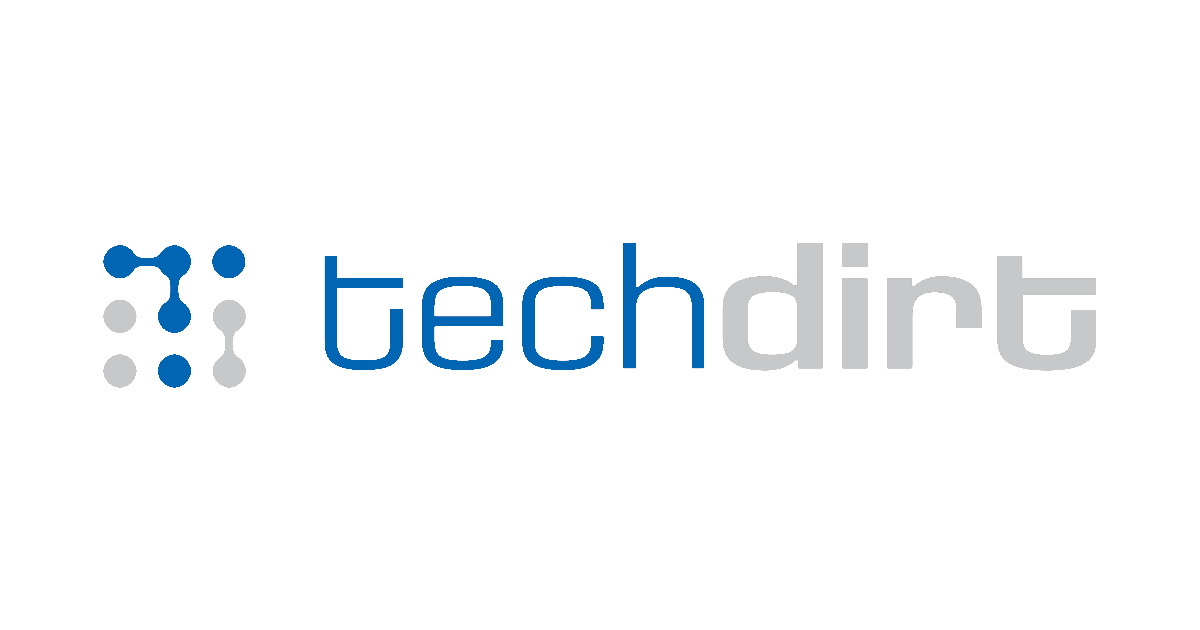Google Worried It Couldn’t Control How Israel Uses Project Nimbus, Files Reveal
-
Before signing its lucrative and controversial Project Nimbus deal with Israel, Google knew it couldn’t control what the nation and its military would do with the powerful cloud-computing technology, a confidential internal report obtained by The Intercept reveals.
The report makes explicit the extent to which the tech giant understood the risk of providing state-of-the-art cloud and machine learning tools to a nation long accused of systemic human rights violations and wartime atrocities. Not only would Google be unable to fully monitor or prevent Israel from using its software to harm Palestinians, but the report also notes that the contract could obligate Google to stonewall criminal investigations by other nations into Israel’s use of its technology. And it would require close collaboration with the Israeli security establishment — including joint drills and intelligence sharing — that was unprecedented in Google’s deals with other nations.
“They’re aware of the risk that their products might be used for rights violations,” said León Castellanos-Jankiewicz, a lawyer with the Asser Institute for International and European Law in The Hague, who reviewed portions of the report. “At the same time, they will have limited ability to identify and ultimately mitigate these risks.”
-
Before signing its lucrative and controversial Project Nimbus deal with Israel, Google knew it couldn’t control what the nation and its military would do with the powerful cloud-computing technology, a confidential internal report obtained by The Intercept reveals.
The report makes explicit the extent to which the tech giant understood the risk of providing state-of-the-art cloud and machine learning tools to a nation long accused of systemic human rights violations and wartime atrocities. Not only would Google be unable to fully monitor or prevent Israel from using its software to harm Palestinians, but the report also notes that the contract could obligate Google to stonewall criminal investigations by other nations into Israel’s use of its technology. And it would require close collaboration with the Israeli security establishment — including joint drills and intelligence sharing — that was unprecedented in Google’s deals with other nations.
“They’re aware of the risk that their products might be used for rights violations,” said León Castellanos-Jankiewicz, a lawyer with the Asser Institute for International and European Law in The Hague, who reviewed portions of the report. “At the same time, they will have limited ability to identify and ultimately mitigate these risks.”
But then they counted how many zeroes there were on the check, and suddenly they were totally fine in assisting genocide
-
But then they counted how many zeroes there were on the check, and suddenly they were totally fine in assisting genocide
no, they countered saying there wasn't enough zeros, and then they rectified the problem. Gotta make it seem like its a concern
-
But then they counted how many zeroes there were on the check, and suddenly they were totally fine in assisting genocide
Won't someone think of the shareholders?!
-
Paul McCartney and Dua Lipa urge UK Prime Minister to rethink his AI copyright plans. A new law could soon allow AI companies to use copyrighted material without permission.
Technology 1
1
-
-
California Bill Would Require That AT&T And Comcast Make Broadband Affordable For Poor People
Technology 1
1
-
-
-
“No Apple tax means we will lower prices” - Proton announces lower prices for users by up to 30% after US ruling against Apple fees
Technology 1
1
-
-





